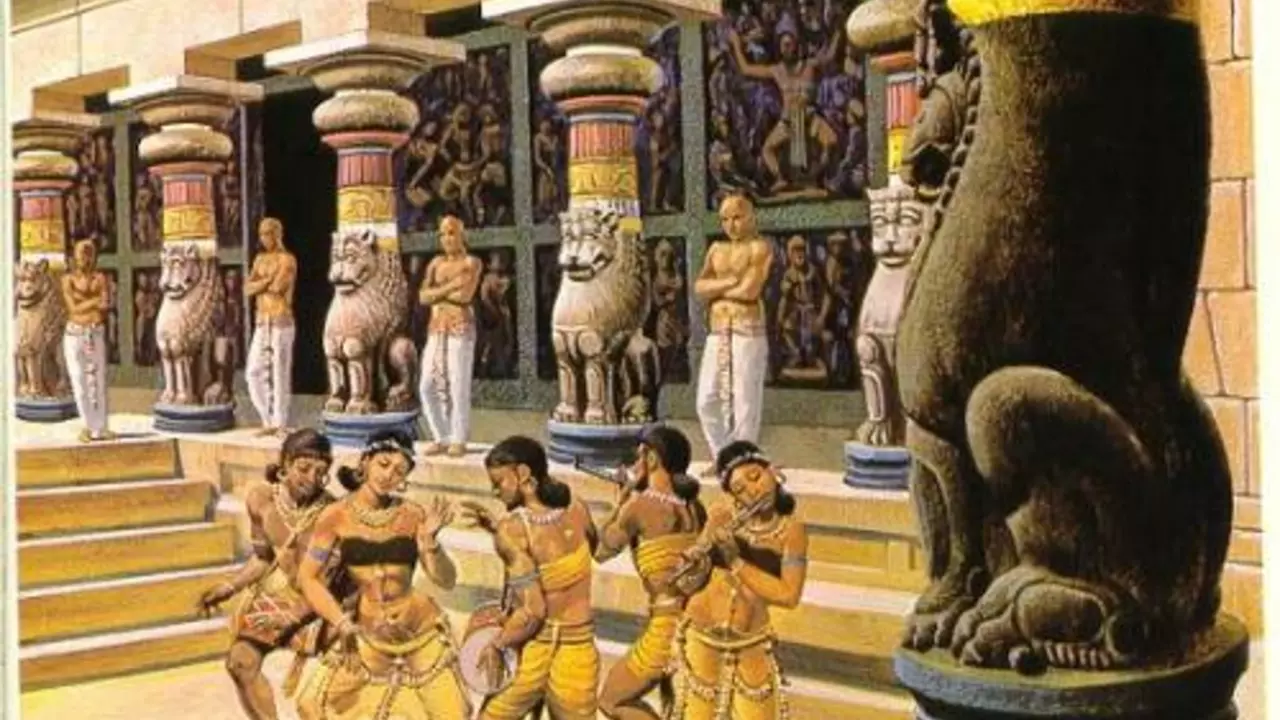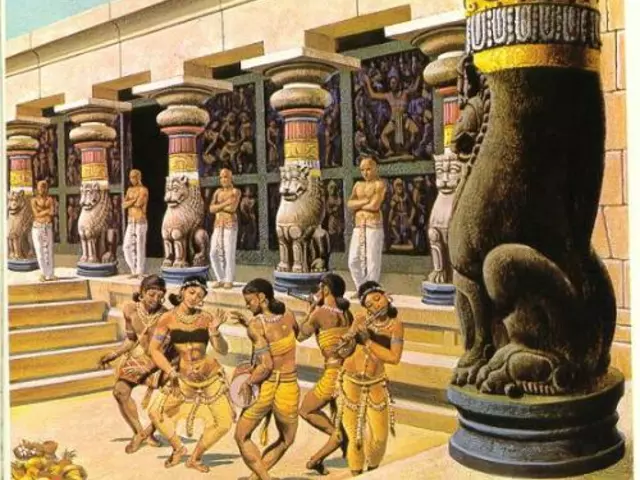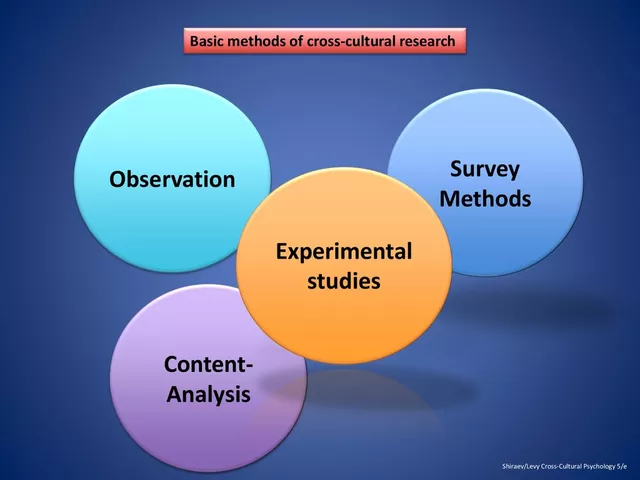
Understanding the Concept of "Great Civilizations"
When we talk about "great civilizations", what exactly do we mean? Often, we refer to societies that have made significant contributions to human development in areas such as technology, arts, governance, and more. By this definition, there were indeed great civilizations in North America. However, these societies often diverged from the traditional, Eurocentric view of what constitutes a civilization. So, let's take a step back and re-evaluate our understanding of greatness in the context of civilizations.
Many North American societies, such as the Mississippians, the Hohokam, and the Ancestral Puebloans, developed complex social structures, intricate trade networks, and advanced agricultural techniques. Therefore, to say there were no great civilizations in North America would be incorrect. Rather, it would be more accurate to say that the civilizations that existed in North America were different from the ones we typically study in mainstream history.
Challenging the Eurocentric Viewpoint of History
One of the main reasons we may perceive that there were no great civilizations in North America is due to the Eurocentric viewpoint that dominates much of our historical understanding. This perspective tends to prioritize civilizations that developed writing systems, monumental architecture, and large-scale political structures. However, it's important to remember that these are not the only markers of societal advancement or complexity.
Many North American societies excelled in areas that aren't typically highlighted in a Eurocentric historical narrative. For example, they developed sophisticated systems of agriculture, intricate oral histories, and sustainable ways of living with the environment. Recognizing the biases inherent in our traditional understanding of history is crucial to appreciating the greatness of North American civilizations.
Impact of Geography and Environment
Another factor that influenced the development of civilizations in North America was the geography and environment. The varied landscapes of North America, from dense forests to arid deserts, shaped the ways in which societies developed. While these conditions may have prevented the formation of large, centralized states like those in Europe or Asia, they also fostered a diversity of cultural expressions and ways of life.
For example, in the arid Southwest, societies like the Hohokam built complex irrigation systems to farm the desert. In the Northeast, societies developed complex systems of forest management that supported large populations. These adaptations to the environment are testaments to the ingenuity and resilience of North American societies.
Consequences of European Colonization
European colonization had a significant impact on the indigenous civilizations of North America. Diseases brought by Europeans decimated native populations, leading to the collapse of many societies. The survivors were often forcibly relocated or assimilated into European culture, further erasing their history and contributions.
Moreover, the European colonizers often failed to recognize the complexity and value of the indigenous societies they encountered, viewing them through a lens of cultural superiority. This bias has been perpetuated in our historical narratives, leading to the misconception that there were no great civilizations in North America prior to European arrival.
Recognizing the Greatness of North American Civilizations
So, why do we say there were no great civilizations in North America? The answer lies not in the lack of societal complexity or cultural richness, but in our own biases and misunderstandings. The civilizations of North America were as diverse and sophisticated as those anywhere else in the world. They developed unique solutions to environmental challenges, built complex social structures, and crafted rich cultural traditions.
Recognizing the greatness of these civilizations is not just a matter of historical accuracy. It's also a way to challenge our assumptions about what makes a civilization "great". By acknowledging the accomplishments of North American societies, we broaden our understanding of human potential and diversity.





